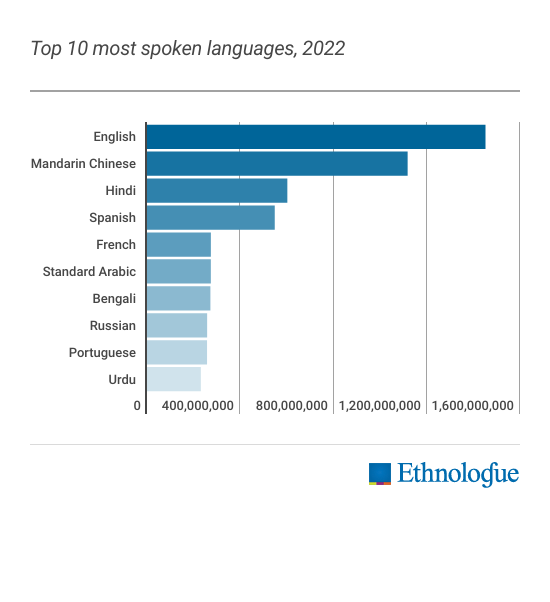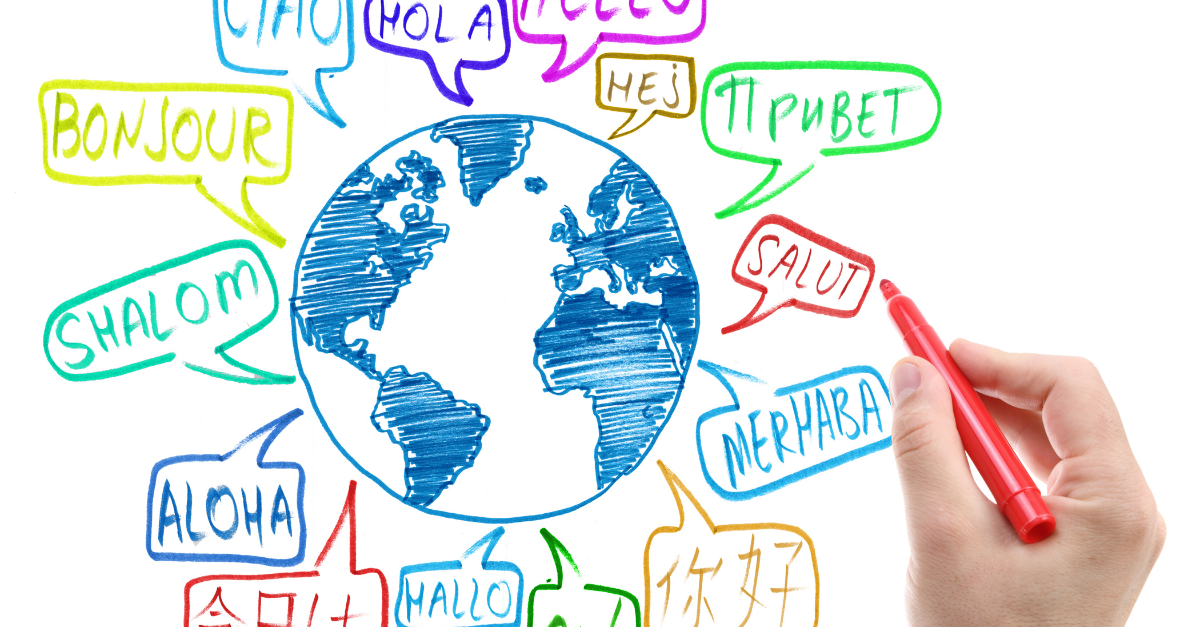At the cognitive level, the scientific literature abounds with research studies boasting the cognitive benefits of bilingualism and multilingualism. For instance, kids who speak two languages can "more easily solve problems that involve misleading cues". Another study published in Psychological Science and cited by Melinda Wenner reveals that "after learning a second language, people never look at words the same way again."
There are several reasons why people learn new languages. There are personal considerations (e.g., individual interests, travel, etc), career or professional considerations (e.g., seeking professional benefits, job promotions, etc). For instance, here in Canada, federal jobs require applicants to be bilingual speaking both French and English. There are also research considerations, political considerations, and even religious considerations for learning new languages.
Regardless of the reason why you want to learn a new language, there are certain factors to take into consideration before you embark on this learning journey. First, keep in mind that Language learning requires a prolonged commitment and dedication. Second, learning a language is not only about learning its grammar and syntax but also learning how to use it in culturally relevant ways. In order words, learning a new language goes hand in hand with developing cultural competencies in the selected language.
Third, learning a new language will forever change your perspective on many things, least of which is the way you see the world. It is no surprise then that a project with this importance requires that you make mindful decisions as to which new language is really deserving of your time and effort.
While there are no right or wrong languages to learn, languages are certainly not equal. Factors such as geo-politics, number of speakers, economy, among others, make certain languages more influential and popular than others. The list below features the 10 most spoken languages of the world in 2022. If you are globally minded or are interested in learning languages that could probably give you a competitive edge in a global market, these languages are definitely the best languages to learn.
What are the most spoken languages in the world ?
According to Ethnologue (language reference publication) and Fact Book, the most spoken languages are: |
2. Mandarin Chinese: 1,118,000,000 speakers (Spoken primarily in China)
3. Hindi: 602,000,000 speakers (Spoken in India as well as in communities across South Africa, Mauritius, Bangladesh, Yemen, and Uganda)
4. Spanish: 548,000,000 speakers (Spoken in Mexico, Spain, Colombia, Argentina, the United States, and other parts of the world including former Spanish colonies).
5. French: 274,000,000 speakers (Spoken in France and Parts of Canada as well as in other former French colonies in Africa)
6. Arabic: 273,900,000 speakers (Spoken in countries of the middle East and North Africa)
7. Bengali: 272,000,000 speakers (Spoken primarily in Bangladesh and India, and other parts of the world)
8. Russian: 258,000,000 speakers (Primary language in Russia and is also spoken as second language in other countries of the former Soviet Union)
9. Portuguese: 257,600,000 speakers (Spoken in Portugal and Brazil, and other parts of the world)
10. Urdu: 231,000,000 speakers (Urdu is 'the official state language of Pakistan and is also recognized in the constitution of India'. Large Urdu communities also exist in countries such as the United States).
What are the top languages used on the Internet?
According to Statista, as of January 2020, the top 10 languages used on the Internet as measured by share of Internet users are :
- English (25.9%)
- Chinese (19.4%)
- Spanish (7.9%)
- Arabic (5.2%)
- Indonesian/Malaysian (4.3%)
- Portuguese (3.7%)
- French (3.3%)
- Japanese (2.6%)
- Russian (2.5%)
- German (2%)
What are the hardest languages to learn?
The most difficult language to learn, as Lifehack had it, depends on what your first language is. For instance in my case, I am a native Arabic speaker who speaks three other languages : French (my second language), English, and a little bit of communicative German. From my own language learning experience, I find English to be the easiest language to learn. French was harder because of its complex grammatical system.
If you are an English language speaker curious to know which languages are the hardest to learn, the lists below have the answer for you. I checked a number of reliable online sources and discovered that they largely feature the same languages in their hardest to learn languages lists. More specifically, Mandarin and Arabic are featured as hardest to learn languages for English speakers in every single list.
For Lifehack, these are the 7 hardest languages for English speakers to learn:
1. Mandarin
2. Icelandic
3. Japanese
4. Hungarian
5. Korean
6. Arabic
7. Finnish
For Busuu, these are are the 8 hardest languages for English speakers to learn:
1. Hindi
2. Hungarian
3. Navajo
4. Vietnamese
5. Korean
6. Arabic
7. Japanese
8. Mandarin Chinese
For Rosettastone, their list of the hardest languages for English speakers to learn comprises the following:
1. Mandarin Chinese
2. Arabic
3. Vietnamese
4. Finnish
5. Japanese
6. Korean
As for Babbel, these are the 6 hardest languages for English speakers to learn:
1. Mandarin Chinese
2. Arabic
3. Polish
4. Russian
5. Turkish
6. Danish


